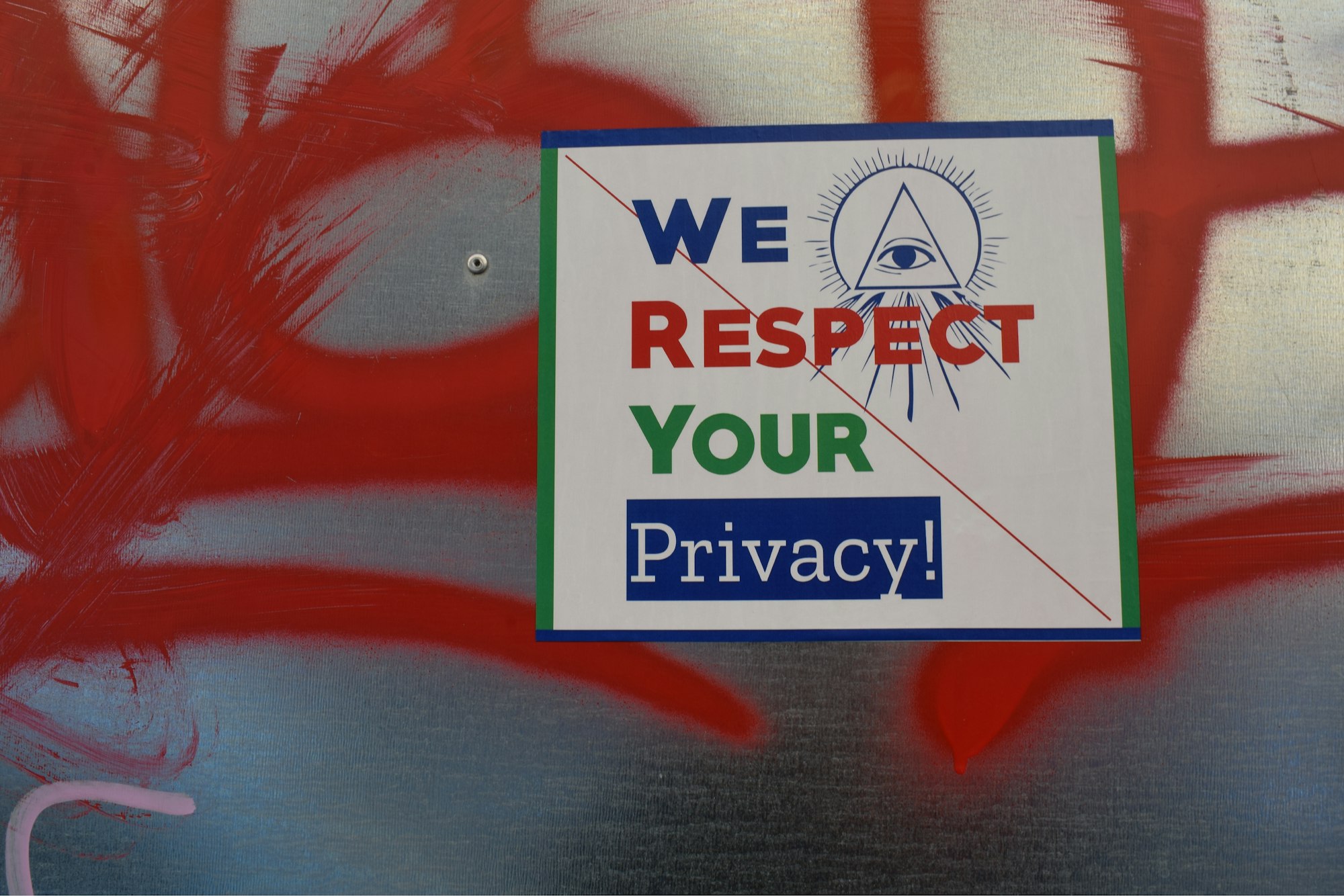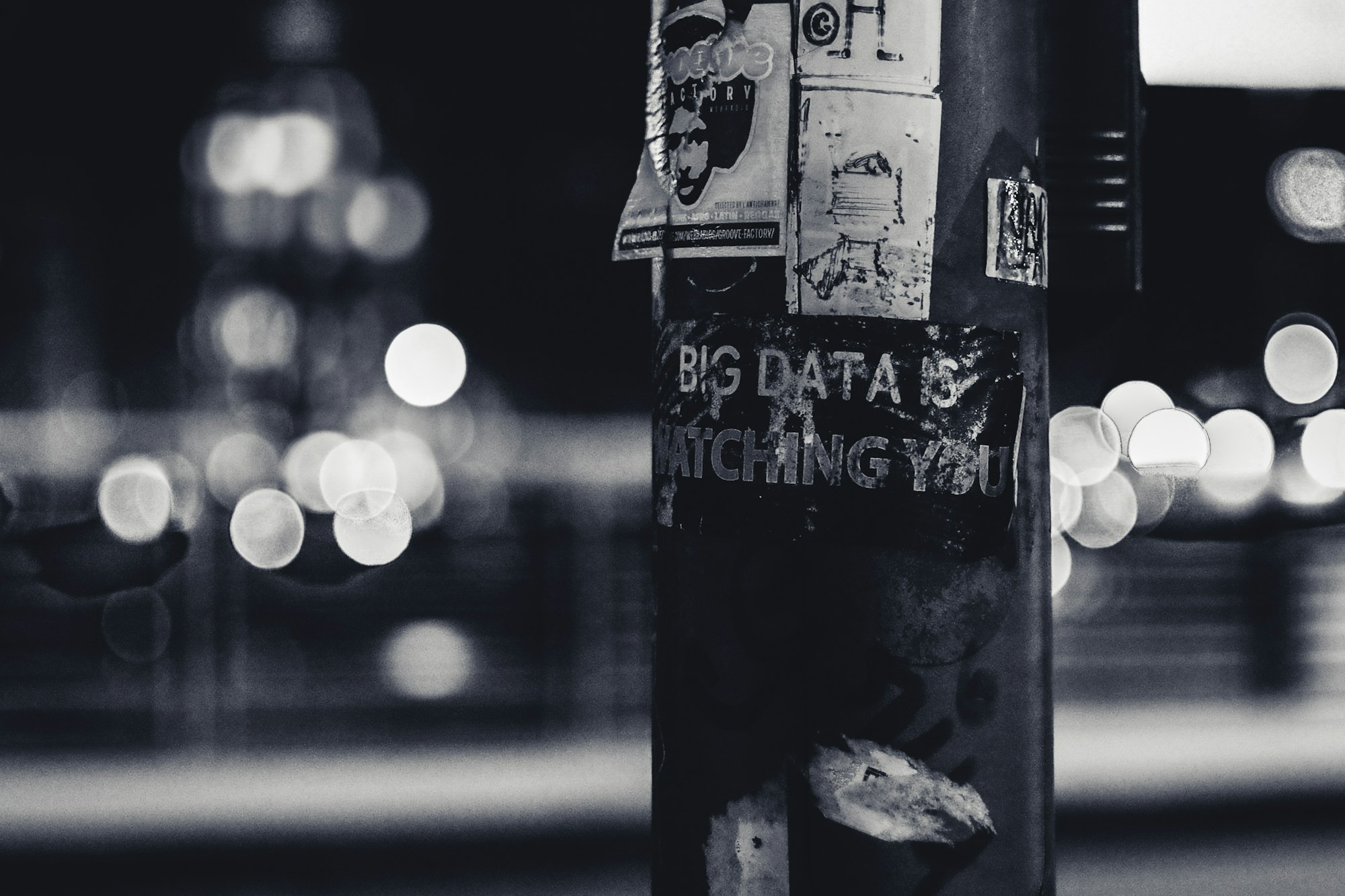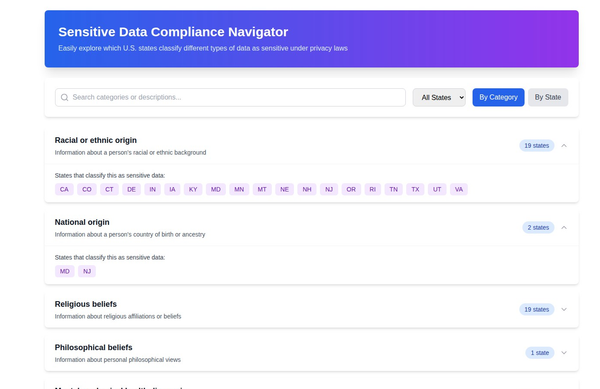Understanding the Swiss-US Privacy Shield: A Framework for Data Exchange

In the digital age, the transfer of personal data across international borders has become a common occurrence. To ensure that these transfers are carried out in a way that respects individual privacy rights, several international frameworks have been established. The Swiss-U.S. Data Privacy Framework (Swiss-U.S. DPF) is the latest development in this arena, replacing the previous Swiss-U.S. Privacy Shield.

Evolution from Privacy Shield to Data Privacy Framework
The Swiss-U.S. Privacy Shield, approved by the Swiss Federal Council on January 11, 2017, was designed to regulate the exchange of personal data for commercial purposes between Switzerland and the United States. However, following the invalidation of the EU-U.S. Privacy Shield by the Court of Justice of the European Union in July 2020, Switzerland also reassessed its framework[1].
On August 14, 2024, the Swiss Federal Council approved the new Swiss-U.S. Data Privacy Framework, which came into effect on September 15, 2024[2]. This new framework aims to address the concerns raised about its predecessor and provide a more robust mechanism for transatlantic data transfers.
Key Features of the Swiss-U.S. Data Privacy Framework
The Swiss-U.S. DPF builds upon the principles of the Privacy Shield while introducing enhanced protections and oversight mechanisms. Key features include:
- Adequacy Decision: The Swiss Federal Council has added the United States to its list of countries providing an adequate level of data protection, allowing for easier data transfers[3].
- Enhanced Data Subject Rights: The framework strengthens individuals' rights regarding access, correction, and deletion of their personal data[4].
- Stricter Requirements for Participating Companies: U.S. companies must self-certify annually to the Department of Commerce and adhere to a set of privacy principles[5].
- Improved Oversight: The framework includes enhanced mechanisms for monitoring and enforcing compliance[6].
- Redress Mechanisms: It provides multiple avenues for Swiss individuals to seek redress if they believe their data has been mishandled[7].

Compliance with the Swiss-U.S. DPF
To comply with the Swiss-U.S. DPF, U.S. companies must:
- Self-certify annually to the Department of Commerce.
- Publicly declare their commitment to comply with the framework.
- Update their privacy policies to align with the DPF principles.
- Implement robust data protection measures.
- Provide clear mechanisms for individuals to exercise their rights.
- Ensure accountability for onward transfers of personal data[8].
Impact on Businesses
The Swiss-U.S. DPF significantly facilitates data transfers for businesses. As of September 15, 2024, Swiss data exporters can transfer personal data to U.S. companies certified under the DPF without additional safeguards like Standard Contractual Clauses (SCCs)[9]. This streamlines operations for companies engaged in transatlantic commerce while ensuring strong privacy protections.
Future Outlook
While the Swiss-U.S. DPF addresses many concerns raised about its predecessor, it's important to note that the landscape of international data protection is continually evolving. Companies should stay informed about any legal challenges or updates to the framework[10].
Conclusion
The Swiss-U.S. Data Privacy Framework represents a significant step forward in balancing the needs of international commerce with robust data protection. It provides a clear mechanism for companies to transfer personal data while respecting individuals' privacy rights. However, as with any data protection framework, compliance requires a thorough understanding of the principles and a commitment to implementing them fully.
Organizations involved in Swiss-U.S. data transfers should carefully review the new framework's requirements and consider seeking expert legal advice to ensure full compliance. As data protection regulations continue to evolve globally, staying informed and adaptable will be key to maintaining compliant and ethical data practices.
Citations:
[1] https://clym.io/data-privacy-news/swiss-us-data-privacy-framework-to-regulate-data-transfers
[2] https://www.workplaceprivacyreport.com/2024/08/articles/data-security/update-transfers-under-the-swiss-u-s-data-privacy-framework/
[3] https://www.privacyshield.gov/program-overview
[4] https://www.privacyworld.blog/data-privacy-framework-faq/
[5] https://www.privacyanddatasecurityinsight.com/2024/08/ready-for-work-the-swiss-federal-council-approves-of-the-swiss-u-s-dpf/
[6] https://www.paulhastings.com/insights/ph-privacy/switzerland-gives-green-light-for-new-data-transfer-framework
[7] https://www.privacyshield.gov/ps/servlet/servlet.FileDownload?file=015t0000000QJdg
[8] https://www.clearstar.net/swiss-u-s-data-privacy-framework-found-to-provide-secure-exchange-of-personal-data/
[9] https://www.jdsupra.com/legalnews/update-transfers-under-the-swiss-u-s-4674584/
[10] http://adr.org/blog/explaining-the-new-data-privacy-framework-privacy-shields-replacement
[11] https://www.homburger.ch/en/insights/new-swiss-u-s-data-privacy-framework
[12] https://www.homburger.ch/de/insights/new-swiss-u-s-data-privacy-framework
[13] https://www.eversheds-sutherland.com/en/finland/insights/swiss-us-data-privacy-framework-principles
[14] https://www.vischer.com/en/knowledge/blog/swiss-us-dpf-how-to-transfer-data-to-the-us-with-and-without-it/
[15] https://www.dataprivacyframework.gov/program-articles/FAQs – Swiss–U.S.-Data-Privacy-Framework-(Swiss–U.S.-DPF)-(1–4)
[16] https://www.transatlanticlaw.com/content/swiss-federal-council-approves-us-data-privacy-framework-what-it-means-for-data-transfers/
[17] https://www.dataprivacyframework.gov/NewsEvents
[18] http://adr.org/blog/explaining-the-new-data-privacy-framework-privacy-shields-replacement
[19] https://www.commerce.gov/news/press-releases/2024/09/secretary-raimondo-statement-swiss-us-data-privacy-framework
[20] https://www.otava.com/reference/gdpr-vs-eu-us-privacy-shield/
[21] https://www.dataguidance.com/opinion/international-overview-eu-us-and-swiss-us-privacy
[22] https://www.jacksonlewis.com/insights/eu-us-data-privacy-framework-transferring-personal-data-under-new-privacy-shield
[23] https://www.dataprivacyframework.gov
[24] https://www.dataprivacyframework.gov/framework-article/OVERVIEW–SWISS
[25] https://ww2.jeppesen.com/legal/eu-u-s-and-swiss-u-s-privacy-shield-notice/
[26] https://2017-2021.commerce.gov/page/how-join-privacy-shield-guide-self-certification.html
[27] https://www.privacyshield.gov/swiss-us-privacy-shield-faqs
[28] https://guidepostsolutions.com/swiss-us-privacy-shield-policy/
[29] https://www.sharetru.com/blog/the-new-eu-us-data-privacy-framework-what-you-need-to-know
[30] https://privacytrust.com/gdpr-vs-privacy-shield/
[31] https://en.wikipedia.org/wiki/EU–US_Privacy_Shield
[32] https://www.sidley.com/en/insights/publications/2020/09/the-end-of-the-swiss-us-privacy-shield
[33] https://www.purduegloballawschool.edu/blog/news/eu-us-data-privacy-framework
[34] https://trustarc.com/resource/privacy-shield-replaces-safe-harbor/
[35] https://www.privacyshield.gov/program-overview
[36] https://www.etrigue.com/trust/privacy-shield/
[37] https://content.govdelivery.com/accounts/USITATRADE/bulletins/364aa64
[38] https://www.trade.gov/feature-article/eu-us-and-swiss-us-privacy-shield-frameworks-why-they-matter
[39] https://www.enzuzo.com/blog/what-is-privacy-shield
[40] https://www.techcontracts.com/2019/06/11/2-data-privacy-best-practice-self-certify-compliance-with-the-privacy-shield/







